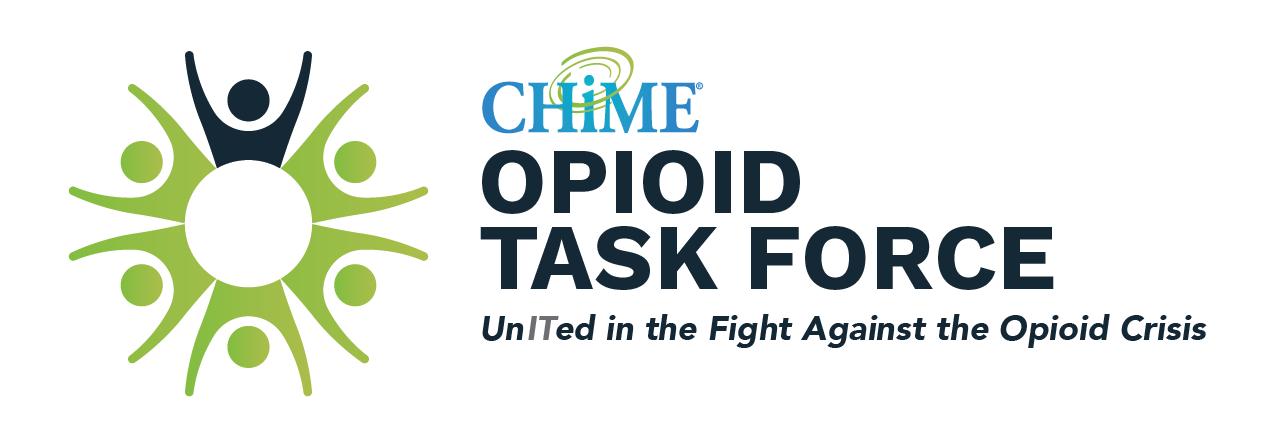In October of 2014, Sara Muncy and Rhonda Edmunds, two nurses in the Cabell Huntington Hospital in West Virginia, joined forces with volunteer Mary Calhoun-Brown to address the increasing number of babies born with drug exposure. The state has the highest rate of neonatal abstinence syndrome (NAS) in the nation, with 33 NAS births per 1,000 babies, according to Stephen Patrick, MD, a physician and professor of pediatrics at Vanderbilt University.
NAS babies have much different responses and requirements for their recovery and wellbeing. Edmunds and Muncy visited Pediatric Interim Care Center in Kent, Wash., and learned techniques that would provide better therapeutic care to the drug-exposed babies at the hospital. When they returned, they implemented a comprehensive program directed specifically at treating the NAS babies within their system.
Lily’s Place, located in Huntington, is the first neonatal abstinence syndrome center to open in the U.S. Lily’s Place provides a continuum of care to any NAS baby born in West Virginia, from medical services to social work. This holistic approach means they can care for infants going through the withdrawal processes while simultaneously helping families deal with the special circumstances that surround having a NAS baby. The center has specially trained nurses, social workers and patient care assistants. Doctors from Valley Health oversee the medical treatment of the babies, and volunteers ranging from college students to grandparents’ rock babies, do laundry, clean and perform odd jobs around the building.
CHIME members interviewed Lily’s Place management for this chapter. Below are their answers to our questions:
Q: Can you describe the governance and membership of the collaboration? (e.g., participants, oversight, subgroups, responsibilities, etc.)?
(Membership includes) the West Virginia Department of Health and Human Resources, the West Virginia State Legislature and the West Virginia Legislature Women’s Caucus. We had to break through a lot of traditional structures, rules and bureaucratic regulations because no place like this existed the way we felt would be best for babies.
Q: Did you have challenges gaining buy-in from all of the stakeholders? If so, how did you overcome those challenges?
We did have challenges from hospitals, West Virginia Department of Health and Human Resources and Medicaid, all thinking we could not provide safe care for babies outside the hospital. There was concern how to license us. … behavior health, nursing care facility or create a separate license. Each came with hurdles and hoops and extended our time of opening a facility for years. – we overcame by education and many meetings to finally get buy-in from all parties.
Q: Did your effort have a charter, vision or mission that you could share with us?
At Lily’s Place, our mission is to provide medical care to infants suffering from neonatal abstinence syndrome and offer non-judgmental support, education and counseling services to families and caregivers.
“Many mothers need long-term care and counseling to balance the harm of trauma and drug addiction,” said Executive Director Rebecca Crowder in an interview with the West Virginia Executive. “The services provided by Lily’s place do not end when infants graduate from our program.”
Providing for the babies means providing support and education for their parents – or, in certain cases, their foster parents, adoptive parents, grandparents, or other family members. Custody decisions are made by West Virginia’s child protective services. Crowder said one of her goals for the future is to expand the center’s support services to include full-time recovery coaches and substance abuse counselors. Eventually, she said, she’d like Lily’s Place to house an intensive outpatient program for mothers who want recovery but are afraid of losing their children.
Support for Lily’s place comes from the communities, schools, businesses and other organizations throughout the tri-state region. Even the building itself was a gift from the community – and “nothing short of a miracle,” Edmunds said.
While there are no plans for expansion into other counties in the Mountain State, others have contacted Crowder about replicating the Lily’s Place model. A guide is available for a fee at https://www.lilysplace.org/replication-plan. More information about Lily’s Place is available at www.lilysplace.org.
